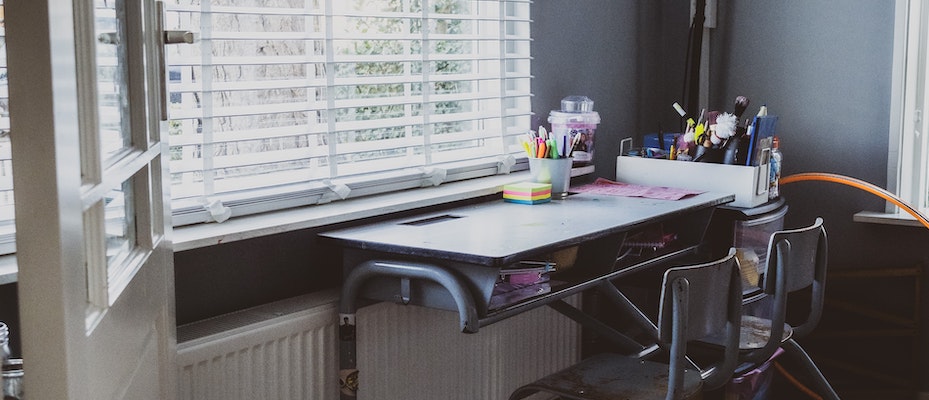Monday 8th means, for many children, back to school. We’ve tried to distill three key messages to sensitively support children, parents, carers and education staff.
Children in the early years
For many children in the Early Years, the most recent lockdown will not of had any impact on their attendance in setting. Nurseries, childminders etc never reduced their opening. Yet, many parents are being told continuously in the media that their children are ‘behind’.
Parents, ignore this.
In England, the compulsory school starting age is the term following their fifth birthday. There is so much pressure on ‘school readiness’ and anxiety for parents around this. Your child will be fine. If you give them a curiosity for the world around them, confidence in their own ability to learn and a thirst for knowledge they will excel in school. Obviously, the expert learning provided by early years professionals and the social skills provided in nurseries etc are massively invaluable. Some children will be missing out on this but this can be made back.
Believe in yourself and your child.
Learning and wellbeing
One aspect that children, parents and maybe some educational staff might be worried or concerned about as children and young people return to school is learning. The unhelpful government narrative of ‘catch up’ and ‘lost generation’ might be fuelling concerns around learning.
Research shows that learning is one of the five ways to wellbeing.
Learning at home is different and it is likely the skills and knowledge that have developed during this time are more varied. It is helpful if adults can acknowledge all areas of progress, not just those typically viewed as school-based learning such as maths and English skills. Children and young people need support to acknowledge and share their steps of learning during lockdown which will in turn support wellbeing.
An idea:
- Children, young people, parents – reflect on the skills and knowledge that have been achieved or worked on during the recent lockdown. Have new books been read? Has independence increased? A new game mastered? Look at the wider picture and not just typically school-based skills and learning.
- Educational staff – use the above reflections from pupils in school. Celebrate learning, acknowledge difference and perhaps make time for pupils to learn skills form each other.
The Preparing for Adulthood Outcomes tool is a really helpful document that champions skills for adulthood. It can be worth holding the typical age ranges of skills development lightly as all children progress at differing rates.
Joy, sadness and not knowing
Being open to asking about and listening to thoughts around what might have been enjoyed, but also missed, lost or unachieved during the pandemic is important. Having been at home or in their own small support bubbles children and young people may not realise that there were many others who missed out on a big Christmas party or feel frustrated that exams were cancelled or found it hard to attend school / learn from home without their friends.
Invite children or young people to share (spoken or written down on a piece of paper) one ‘enjoyable’ experience and one ‘tricky’ experience. This can be done in a small group or whole class – which ever feels safer for the children and young people.
Take time to reflect as a listener and responder to the thoughts and experiences children and young people bring. It is OK to just sit with these experiences, it is very likely you won’t be able to fix, change or mend what has happened for them and also important you don’t say that you can.
In a companion blog to this one, Sarah has offered more in-depth reflections on the important of time and space to listen and reflect with children.

